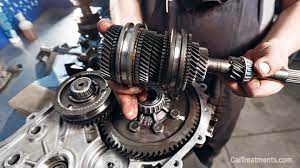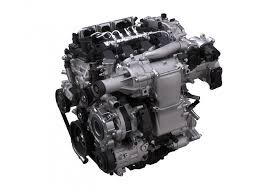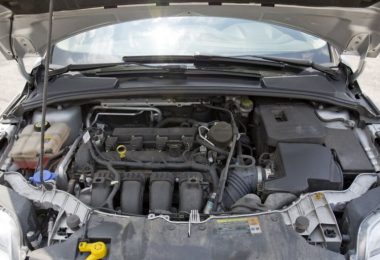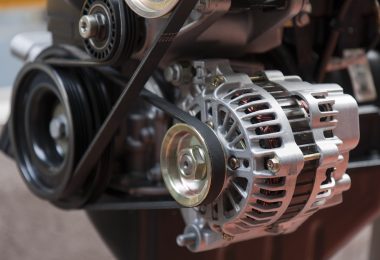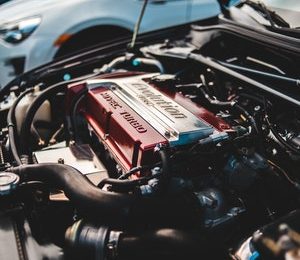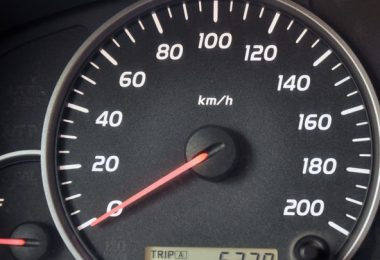Automatic transmission is the heart of any vehicle. It is responsible for converting the power generated by the engine into mechanical motion that can be used by other systems. Automatic transmission also allows you to shift gears automatically as per your requirement. However, automatic transmissions don’t last forever as they are exposed to many different things while running and that’s why they fail early or late in their life cycle.
Transmission fluid leaks
Transmission fluid leaks are caused by a variety of things, including:
A hole in the transmission pan.
A hole in the transmission lines.
A hole in the transmission filter.
A hole in the transmission cooler.
Worn clutch plates.
When the clutch plates wear out, your car will begin to shudder and make a grinding noise. This can be heard when you press down on the gas pedal. The clutch plates work just like a spring does, so as they wear out over time, they become less springy and less forgiving of mistakes.
When you change gears in an automatic transmission car, two or more clutches engage at once to provide extra torque for shifting gears. When these clutches are worn out from overuse (such as frequent stop-and-go driving), they may slip while engaging during gear changes. This causes a lot of friction within the system that increases heat within it and causes further damage over time because there is not enough lubrication between moving parts due to lack of fluid pressure caused by worn seals on their surfaces.”
Problems with linkage.
Linkage problems are another common cause of transmission failure. Poorly adjusted linkage, worn parts and damaged parts can all cause a slipping gear or lack of power when you shift gears. If the linkage is not functioning properly, it could result in unusual noises coming from the transmission while shifting gears. This type of problem usually happens when there is a break in the chain that drives the gears of your automatic transmission system.
Faulty torque converter.
A torque converter is an automatic transmission’s heart and soul. While the rest of its parts ensure smooth shifting, the torque converter increases engine power to reduce wear on the engine. The purpose of a torque converter is to match engine rpm to vehicle speed when you’re driving in a low gear at low speeds. This allows your vehicle to accelerate smoothly rather than lurching forward or stalling out when you take it off from a stoplight or stop sign.
When your car has trouble accelerating up hills or going through an intersection, it could be caused by a faulty torque converter. The symptoms include:
Slipping gears when shifting between gears
Hard starting after sitting for long periods of time
Difficulty gaining speed on hills
Internal component failure.
Internal component failure is the most common cause of transmission failure. Your transmission can overheat and slip if internal components are damaged or worn out. It’s also possible for internal component failure to cause your transmission to shift hard when it’s engaged, which can be very frustrating on the road.
System contamination.
Contamination. The automatic transmission is one of the most difficult components within your vehicle to clean, due to its compact design and intricate internal workings. Unfortunately, this makes it vulnerable to contamination from dirt, debris, water and other contaminants. If left unchecked for too long, such contaminants can cause permanent damage to your transmission system and result in failure.
To reduce the risk of contamination:
Avoid driving through deep water or when roads are flooded (this includes puddles!). If you do drive through water that may be contaminated with salt or other chemicals (such as oil), thoroughly rinse off your car once you’re safely out of harm’s way; this will prevent salt buildup inside your car’s engine compartment as well as on its exterior surfaces.
Keep all service records handy so that they can be reviewed quickly by an expert if something goes wrong with your vehicle during regular use or while off-roading adventures so that appropriate action can be taken before further damage occurs; this may include taking it back into the shop for additional cleaning services performed by trained professionals who know how best handle different types of firearms without damaging them beyond repair!
Excessive stopping distance
Before you start driving, check your vehicle’s stopping distance. While driving at a steady speed, take note of how much distance is between your vehicle and the car in front of you. If it is over 40 feet (12 meters), this could be a sign that something is wrong with your automatic transmission.
When you start to slow down, does it feel like the brakes are working properly? Is there any grinding or squeaking noise from the brake pads? If so, then there may be an issue with how smoothly they’re operating—and this could be caused by excessive wear-and-tear on them due to frequent use or overheating during braking.[10]
If possible try checking out another car before buying one just so that you can compare braking distances between different cars and see if they’re similar or not.[11] You might also want to consider other factors such as whether or not someone has ever worked on fixing their transmission before since sometimes if something goes wrong inside then sometimes replacing parts isn’t enough — sometimes there needs to be done as well which means spending more money than usual! Read More: Signs Transmission Fluid is Low
There are many reasons why Automatic Transmission fail and one of the main things that cause transmission failure is low fluid level.
Low fluid level can cause transmission failure, it can cause the transmission to overheat and it can even cause the transmission to leak. Low fluid level can also lead to slipping or grinding inside your automatic transmission.
In general, you should always check your fluid levels before you start driving with a new car or truck because they are notorious for leaking right out of the factory. If you’re not sure what type of fluids go into your vehicle, ask your mechanic or check online for details on what kind of fluids they use in different vehicles.
Conclusion
If you are experiencing any of the problems mentioned above, it is recommended to have your car checked by a professional mechanic. They will be able to diagnose your problem and recommend solutions accordingly.

